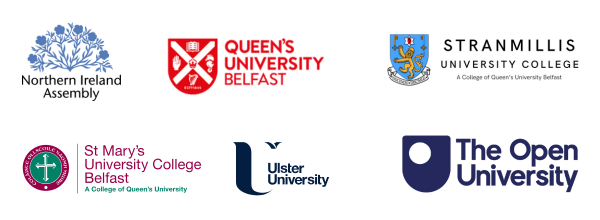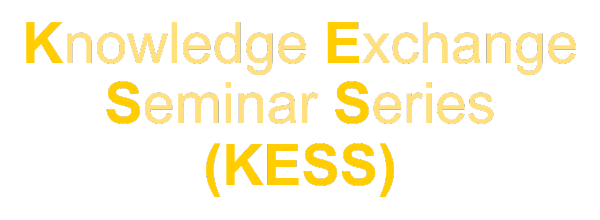Prof Kieron Sheehy (OU) –
This presentation sets out evidence that having an accessible communicative environment is the core of inclusive educational practice, facilitating positive outcomes for diverse groups of learners (Sheehy et al. 2009). One effective communicate approach is keyword signing (KWS), which typically samples the manual signs of a country’s Deaf community. For example, British Sign Language is the basis of the Makaton vocabulary used in Northern Ireland. KWS signs accompany only the key word(s) in spoken sentences and so provides sign-supported communication, rather than a sign language. There is extensive evidence of the educational and social benefits to support using KWS. It has also been seen as a potential way to give some children a voice within the criminal justice and safeguarding system (Bunting et al. 2015), addressing the mental health needs of people with learning difficulties (Devine & Taggart 2008) and a professional training need for school staff (McConkey & Abbott 2011). However, there are significant barriers which impede its use in schools and communities. This presentation illustrates the nature of these barriers through research undertaken to develop KWS Signalong Indonesia (Sheehy & Budiyanto 2014). It discusses how these difficult barriers could be tackled and the challenges this presents for policy makers with an inclusive agenda.
This seminar took place on 29 November 2017
Download:
Policy Briefing
Presentation



